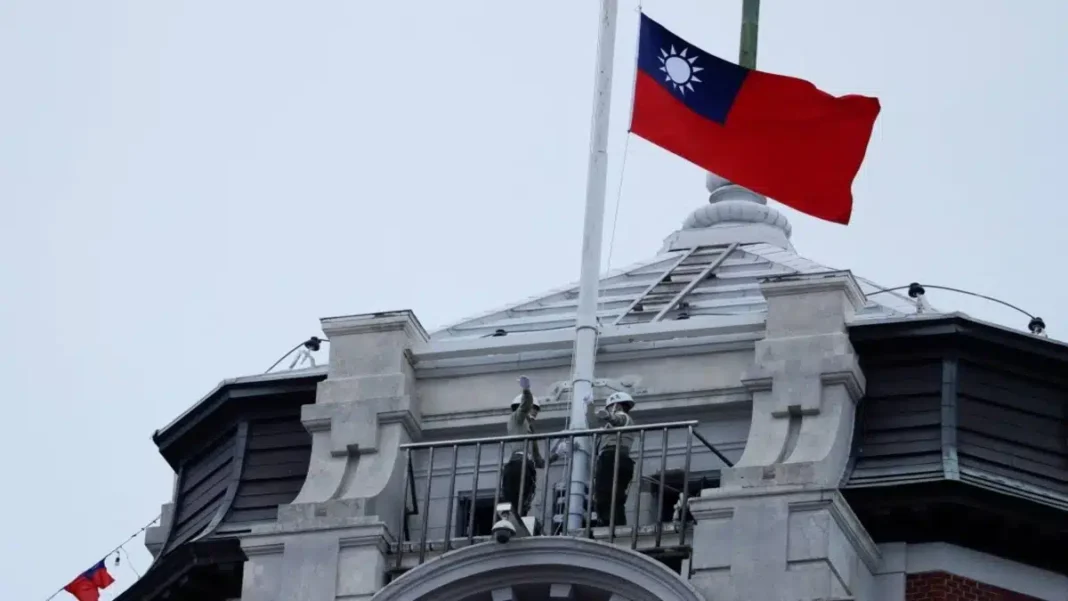In a significant development, China has escalated its campaign to interfere in Taiwan’s upcoming presidential election, as disclosed by a high-ranking Taiwanese security official. Wang Huning, a top Chinese leader responsible for Taiwan affairs, reportedly chaired a recent meeting aimed at coordinating efforts across various departments to influence the self-governing island’s presidential election scheduled for January 13, 2024.
Wang, a key advisor to China’s President leader Xi Jinping, emphasized the need for increased effectiveness and discretion in influencing Taiwan’s public opinion while minimizing the likelihood of external parties discovering evidence of interference. This meeting follows Chinese President Xi’s visit to San Francisco last month, where he held talks with US President Joe Biden. During their discussions, President Biden cautioned against Chinese interference in Taiwan’s elections.
The Taiwanese security official, who spoke on the condition of anonymity due to the sensitivity of the matter, revealed that Wang urged officials to strategize effectively so that external parties cannot easily detect Beijing’s interference. Coordination was emphasized with the Communist Party’s Central Propaganda Department and the People’s Liberation Army’s Base 311, a psychological warfare unit based in Fuzhou near the Taiwan Strait.
Base 311, established in 2005, has drawn attention from global defence experts for its role in implementing Beijing’s “Three Warfares” strategy against Taiwan, encompassing public opinion warfare, psychological warfare, and legal warfare.
The official disclosed that strategies discussed during the meeting include magnifying narratives portraying the upcoming election as a “choice between war and peace” and labelling the Democratic Progressive Party (DPP) candidates as “diehard Taiwan separatists.” The DPP’s Vice President Lai Ching-te is currently leading in the polls.
China has a history of meddling in Taiwan’s elections to support candidates favouring closer ties with Beijing. The interference tactics range from spreading disinformation on social media to influencing Taiwanese businesses and media outlets with investments.
As tensions escalate across the Taiwan Strait, with China increasing military, political, and economic pressure on the democratic island it claims as its territory, the interference efforts coincide with a crucial moment in Taiwan’s political landscape. The DPP, which views Taiwan as a de facto sovereign nation, has prioritized strengthening ties with Washington since coming to power in 2016.
The international community will be closely watching developments as Taiwan braces for the highly consequential presidential election amid these allegations of intensified Chinese interference.

